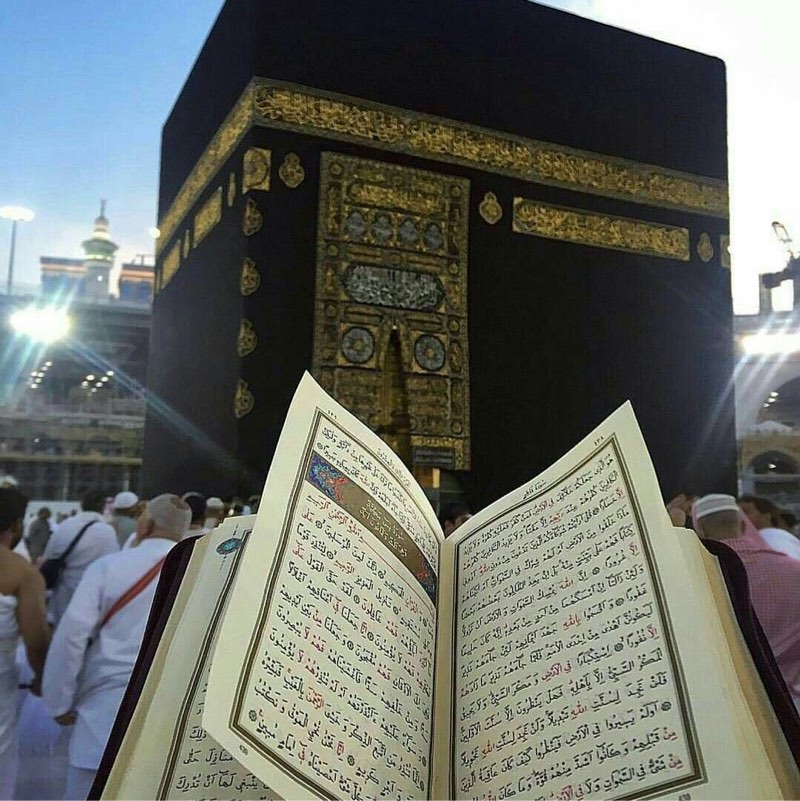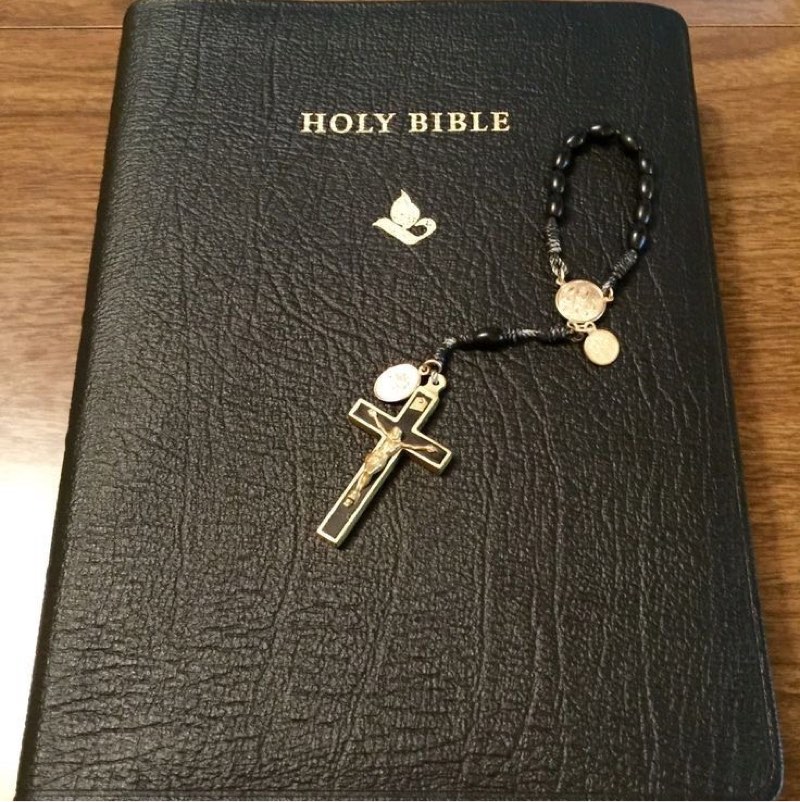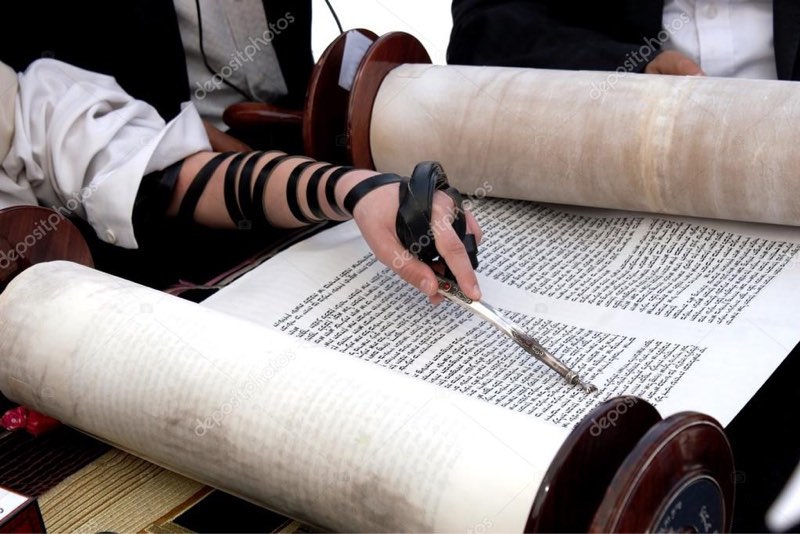The Quran's rebuttal to Trinitarian interpretations of the Hebrew Bible emphasizing the oneness of God
How does God depict His unity in the Bible, especially in the Book of Isaiah?
In the Book of Isaiah, God repeatedly emphasizes His oneness and uniqueness as the only true God. Here are some passages that highlight God's oneness:
1. Isaiah 44, verse 6: "Thus says the Lord, the King of Israel and his Redeemer, the Lord of hosts: 'I am the first and I am the last; besides me there is no god.'"
2. Isaiah 45, verse 5: "I am the Lord, and there is no other; besides me there is no god."
3. Isaiah 45, verse 18: "For thus says the Lord, who created the heavens (he is God!), who formed the earth and made it (he established it; he did not create it empty, he formed it to be inhabited!): 'I am the Lord, there is and no other.'"
These verses, among others in the Book of Isaiah, affirm the absolute oneness of God and His exclusive divine authority. They reject the concept of multiple gods and assert that there is no deity besides Him. God's oneness is a central theme in Isaiah's teachings, emphasizing monotheism and the worship of the one true God.
Some believe the Hebrew Bible, as the word of God that upholds the oneness of God, cannot withstand the onslaught of the Trinitarian hermeneutics. After all, the Hebrew Bible becomes part of the Christian scriptures known as the Old Testament. The Quran, as the safeguard to protect the unity of God, comes into existence to challenge the doctrine of the Trinity that creeps into the Hebrew scriptures. How is this argument explained?
This is a complex and controversial topic that has been debated for centuries by scholars and theologians of different faiths.
The argument that the Quran challenges the doctrine of the Trinity that creeps into the Hebrew scriptures is based on the following premises:
The Hebrew Bible, as the word of God, upholds the oneness of God and does not contain any explicit or implicit indication of a triune Godhead. The concept of Trinity is a later development that emerged from the interaction of Jewish and Hellenistic thought in the early centuries of Christianity.
The Quran, as the final and complete revelation of God, confirms the oneness of God and rejects any form of association or partnership with Him. The Quran explicitly criticizes the Christian belief in the Trinity as a form of polytheism and deviation from the true monotheism of Abraham. The Quran also corrects some of the misconceptions that Christians have about Jesus and the Holy Spirit, such as their divine status or their role in the Trinity.
The Quran is the safeguard to protect the unity of God from any distortion or corruption that may have occurred in the previous scriptures, such as the Hebrew Bible or the New Testament. The Quran claims to be a confirmation and clarification of what was revealed before it, and a criterion to judge between truth and falsehood. The Quran also challenges the people of the Book (Jews and Christians) to produce evidence for their claims and to follow the original message of God that was revealed to their prophets.
Therefore, according to this argument, the Quran is superior to the Hebrew Bible in terms of preserving and presenting the pure monotheism of God, and it exposes and refutes the doctrine of the Trinity that creeps into the Hebrew scriptures through human interpretation and influence.



